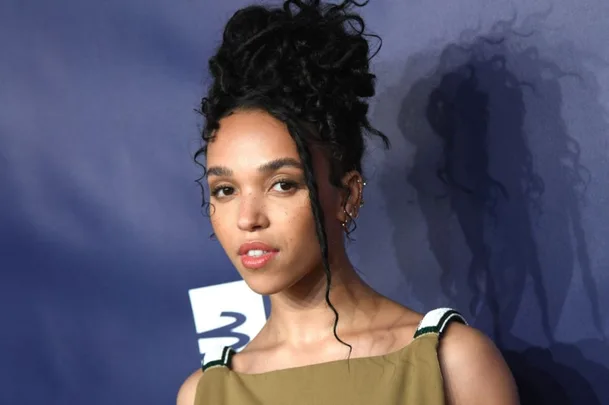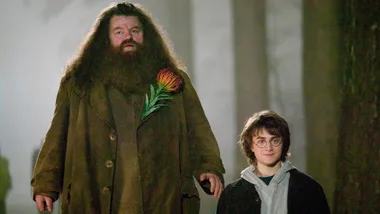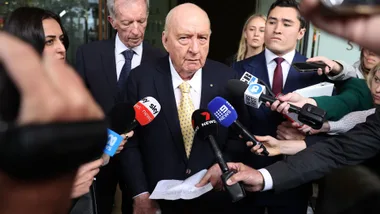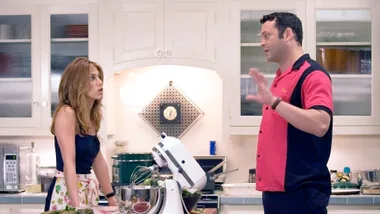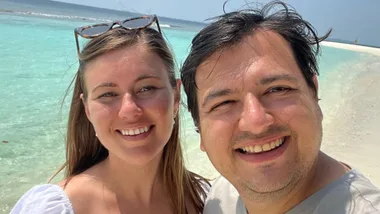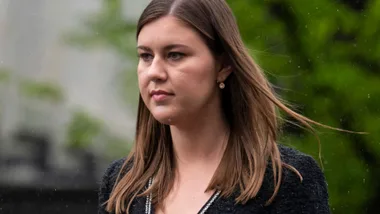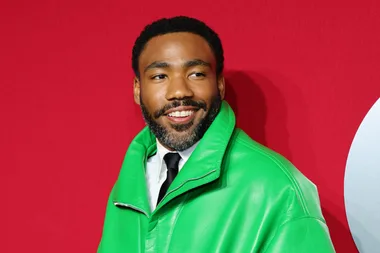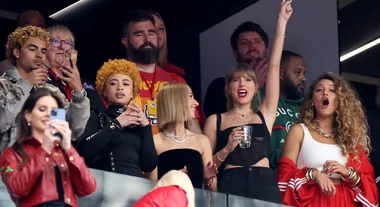Just over a week after artist FKA Twigs (real name Tahliah Barnett) revealed that she was suing ex-partner Shia LaBeouf for alleged emotional, physical and mental abuse during their year-long relationship, director of Honey Boy—the 2018 film the couple starred in together based on LaBeouf’s childhood—Amal Har’el has come out in support of the 32-year-old.
Honey Boy, a coming-of-age drama which tells the story of LaBeouf’s own troubled childhood, first debuted to critical acclaim at the Sundance Film Festival in early 2019. It was director Har’el’s first feature film and she praised LaBeouf at the time for his journey through recovery from substance abuse.
But after chilling details have emerged from the lawsuit that Barnett has issued against her former co-star—where she accuses him of knowingly infecting her with an STI and being choked—the director has issued a statement in support of both Barnett and another one of LaBeouf’s former girlfriends, Karolyn Pho, who also accuses him of the same abusive behaviour.
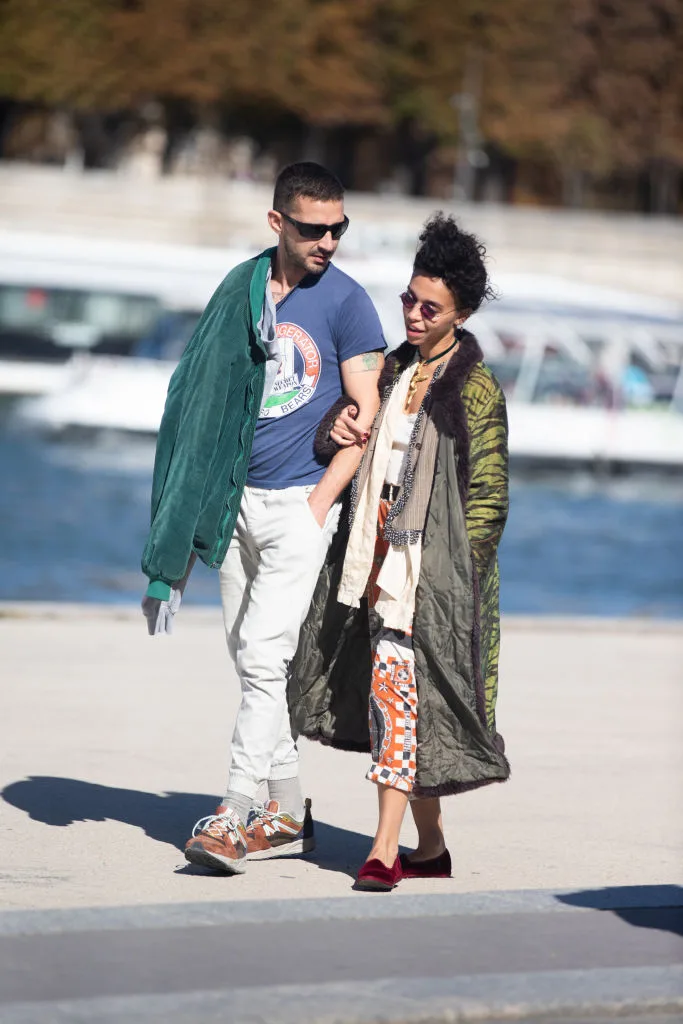
In her first response to the lawsuit, which deemed LaBeouf “dangerous”, the director wrote:
“I have a deep respect for FKA Twigs’ courage and resilience. Reading what she endured left me heartbroken and I stand with her in solidarity. I’m sending my love to her, Karolyn Pho, all victims of domestic violence, and everyone who is trying to stop cycles of abuse,” she said.
“As a filmmaker and an artist, I am drawn to stories that help us develop empathy for the messy parts of the human condition,” she continued, explaining that she does not believe that trauma excuses violence. “Like many of Shia’s collaborators and fans who battled substance abuse, suffered childhood trauma, and face mental illness, I am painfully aware of my past investment in his recovery. I want to send a clear message today that none of the above should excuse, minimise, or rationalise domestic violence,” she said.
“I’m grateful that survivors of childhood trauma have seen some aspects of themselves in Honey Boy and might feel less alone in their pain. I hope that they don’t take these events as a discouraging moment in their own recovery,” she said, before adding that he would be making donations to organisations that support victims of domestic violence in Barnett and Pho’s name.
“I support and encourage victims in similar situations to speak up and seek help so they can create a path to safety and the healthy relationship they deserve,” she concluded.
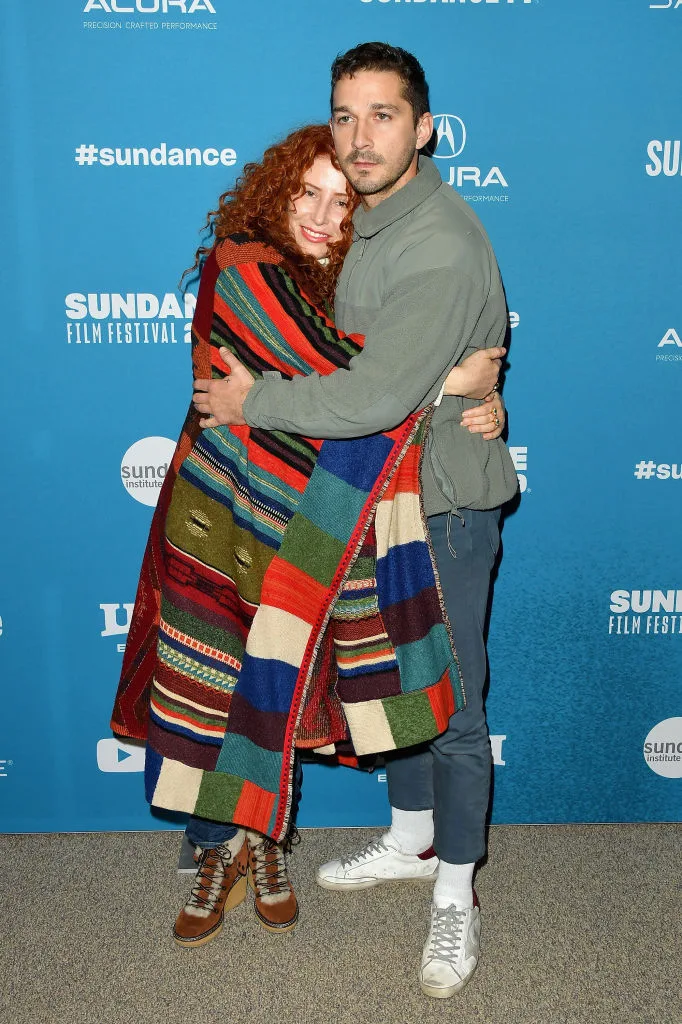
Alongside a story about her lawsuit in The New York Times, Barnett posted a statement about why she was choosing to come out publicly with her story.
“It may be surprising to you to learn that i was in an emotionally and physically abusive relationship. it was hard for me to process too, during and after i never thought something like this would happen to me. which is why i have decided it’s important for me to talk about it and try to help people understand that when you are under the coercive control of an abuser or in an intimate partner violent relationship leaving doesn’t feel like a safe or achievable option,” she wrote.
“My second worst nightmare is being forced to share with the world that i am a survivor of domestic violence.
My first worst nightmare is not telling anyone and knowing that i could have helped even just one person by sharing my story.”
LaBeouf responded to the allegations, stating: “I’m not in any position to tell anyone how my behaviour made them feel. I have no excuses for my alcoholism or aggression, only rationalisations. I have been abusive to myself and everyone around me for years. I have a history of hurting the people closest to me. I’m ashamed of that history and am sorry to those I hurt. There is nothing else I can really say.”
Sign our petition calling on the government to make coercive control a crime and help us change the lives of thousands of women.
If you or anyone you know needs help or advice, contact 1800 RESPECT on 1800 737 732 or Lifeline on 13 11 14.
